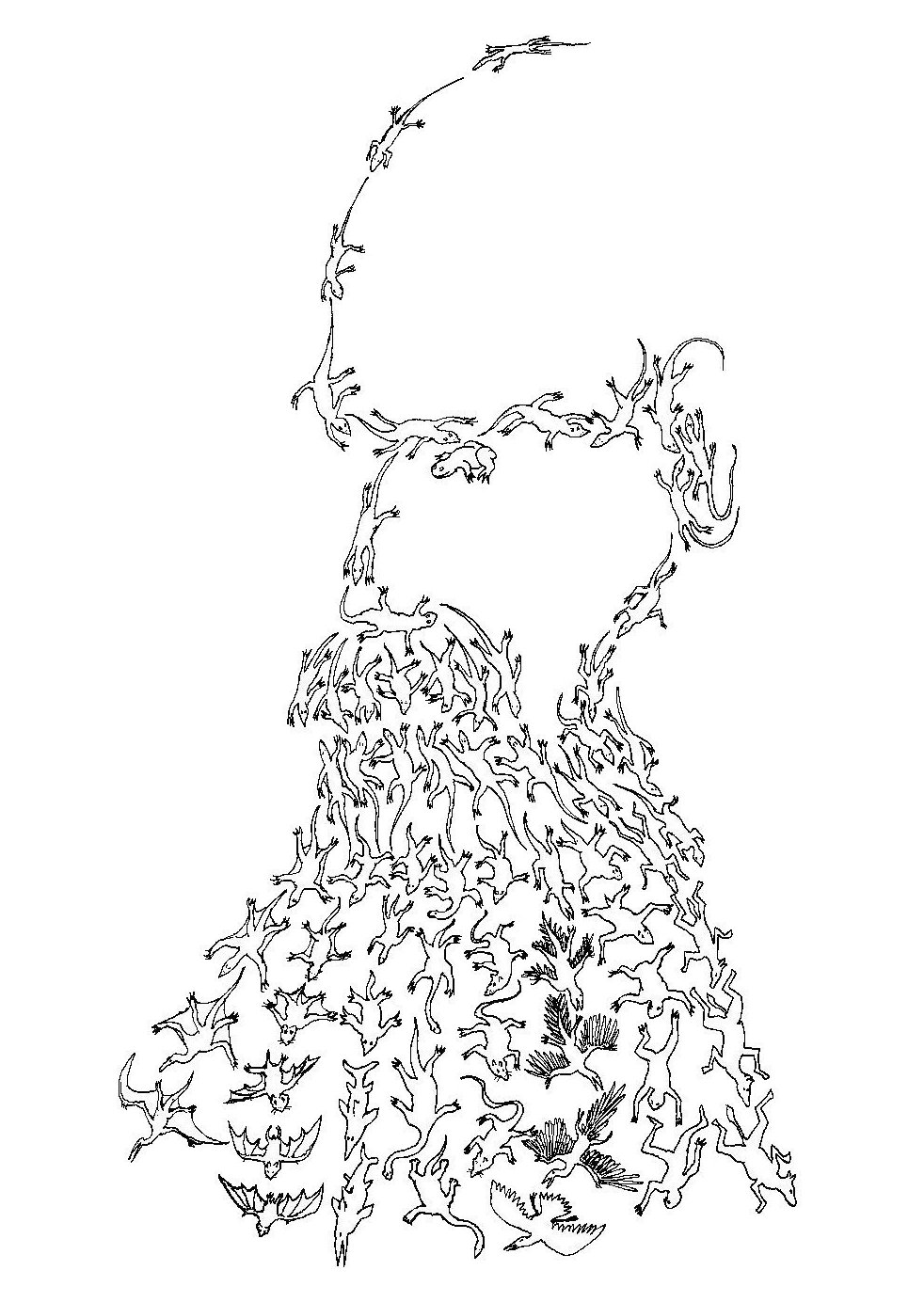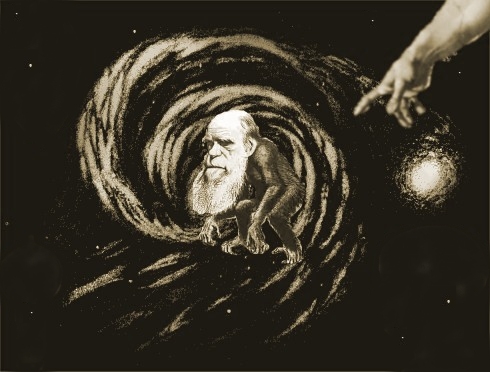PHOBIA: Constructing the Phenomenology of Chronic Fear, 1789 to the PresentAn international conference hosted by the Glamorgan Research Centre for Literature, Arts and Science
Friday 8 - Saturday 9 May, 2009
The ATRiuM Campus, Cardiff
Keynote Speakers: Laura Otis (Emory University); Andrew Thacker (De Montfort University):
The history of phobias as disease entities is intimately connected to the phenomenology of modernity. Whereas the emergence of spatial phobias such as agoraphobia (Carl Otto Westphal, 1871) and claustrophobia (Benjamin Ball, 1879) coincided with growing urbanisation and the development of the modern metropolis, Sigmund Freud's modern subject theory situated phobia at the heart of his psychoanalytical practice ('Little Hans', Totem and Taboo, Inhibitions, Symptoms and Anxiety). The fin de siècle was rife with cultural and social fears about the present and the future, and the twentieth century-with its two global conflicts, its natural disasters and the threat of terrorism-has ushered in a period of postmodern panic. Fear and anxiety are omnipresent in the modern age. But when, how and why does fear become chronic, morbid or abnormal? And in what ways has fear been conceptualised by medical practitioners, cultural theorists and artists?
This interdisciplinary conference looks at the different ways in which writers, artists, historians, art historians, cultural and human geographers, scientists and medical practitioners have constructed, represented and theorised phobia and chronic fear.
We welcome proposals for papers on any aspect of phobias and anxiety disorders in the period from 1789 to the present. Interdisciplinary approaches are welcome. Topics may include but are not limited to:
* spatial phobias
* biophobias
* social phobias
* phobia and the Gothic
* the fin de siècle
* phobia, modernisation and modernity
* phobia and psychoanalysis
* phobia and cultural geography
* fear of science and technology
* phobia, the senses and physical sensations
* phobophobia
The conference will include an evening trip to Cardiff Bay, home to Wales's iconic new architectures and a central location of recent television dramas Dr Who and Torchwood. There will also be an opportunity for conference participants to submit work for a special 'Phobias' issue of
The Journal of Literature and Science.
Please send paper proposals of 300 words to Dr Vike Martina Plock and Dr Martin Willis at rclas@glam.ac.uk by 19 December 2008.
Proposals for panels (comprising three speakers) are also welcome-please submit the title and a brief description of the panel as well as abstracts for the individual papers.








